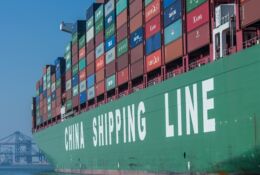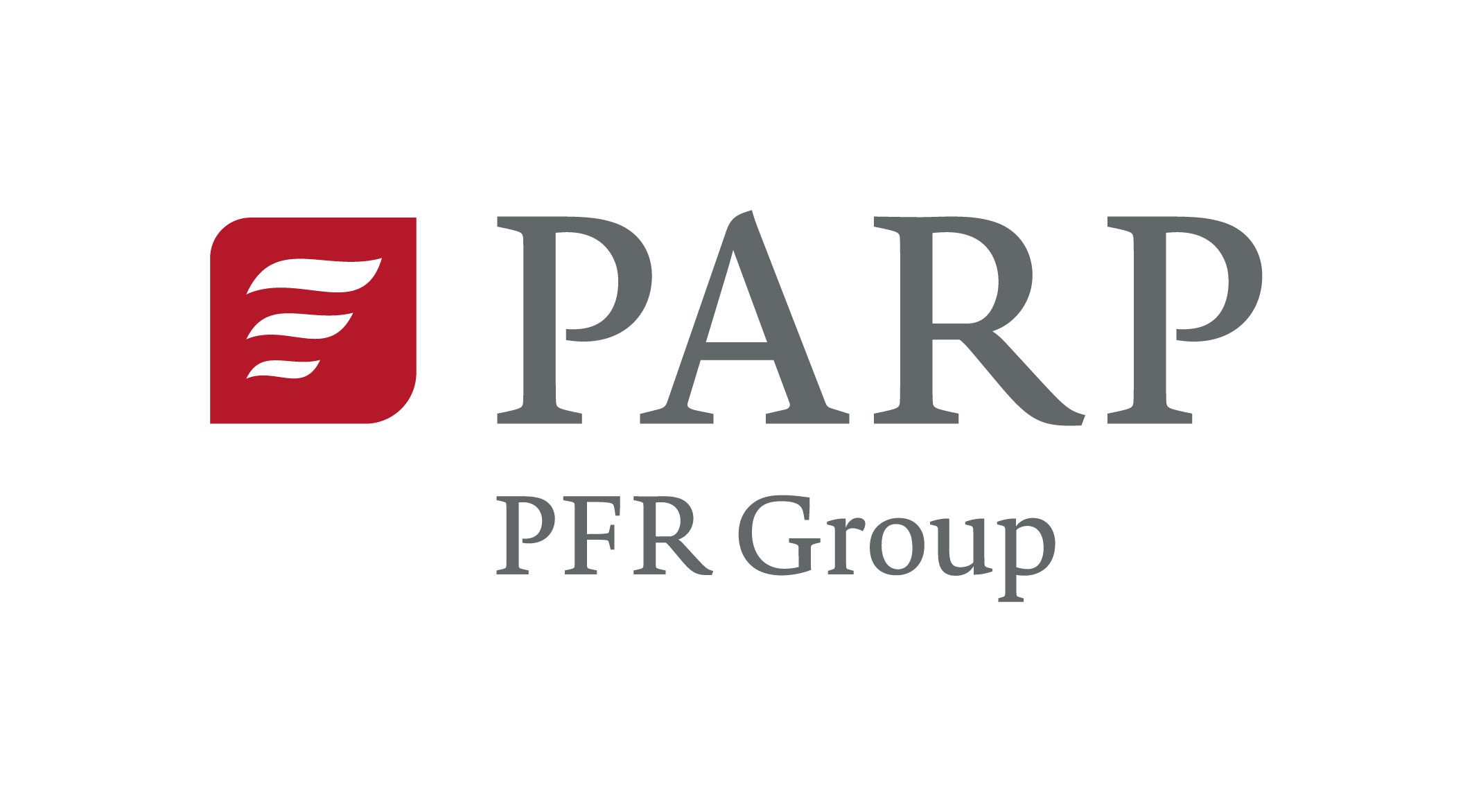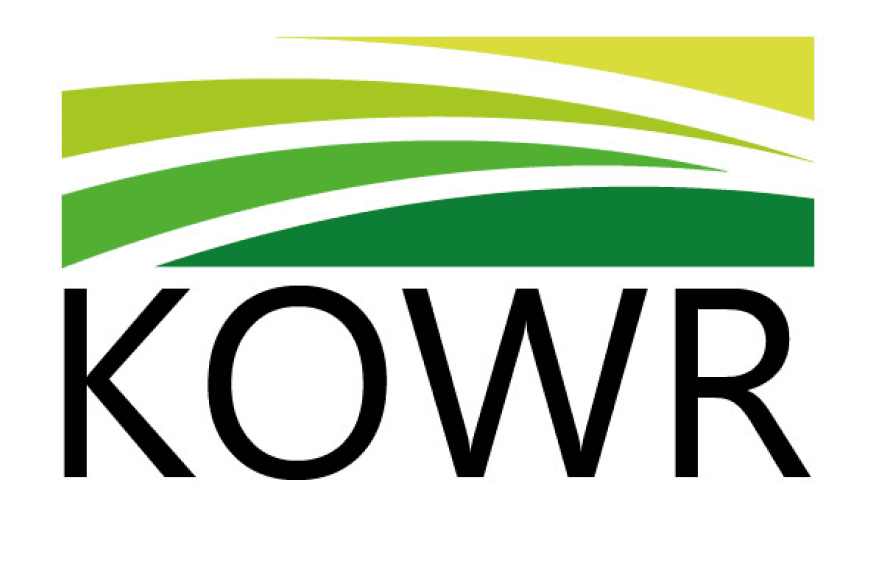24.10.2025
From Brexit to a boom – how Polish food exporters are doing in the UK
The United Kingdom remains the sixth largest economy in the world. It is a rich market, but at the same time extremely dependent on imports. The British do not produce enough to cover their own needs – in the case of food, only about 50-55 percent of what ends up on the table comes from domestic production. The remaining half are imports, more or less half and half from the European Union and the rest of the world.
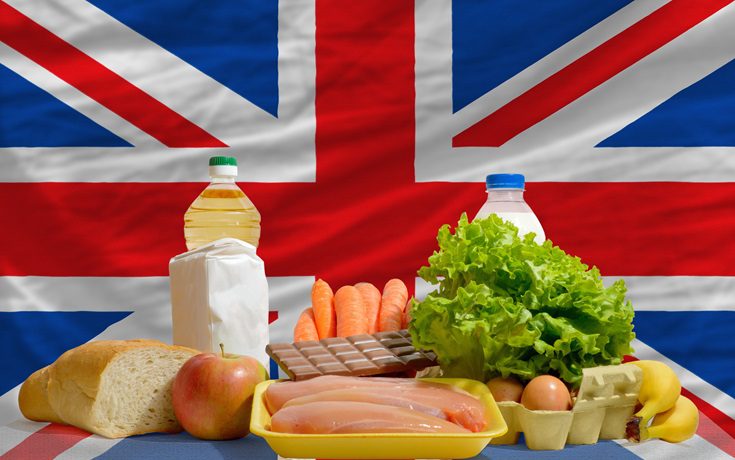
For many years before Brexit, it was an extremely competitive market. Since the time of Margaret Thatcher, the British industrial and agricultural sectors have been losing their importance, and the whole world has tried to place its goods there. For exporters, the attractiveness lay in easy access, high demand and smooth supply chains.
Brexit has changed the rules of the game. Border controls, additional documentation and the treatment of the European Union as a third country caused some companies from Western Europe to withdraw from the market – especially smaller ones that did not have the scale to cope with the new requirements. From the perspective of Polish exporters, this means a new market and opportunity, as British buyers have begun to look for alternative suppliers.
Polish exports – a temporary low and a record rebound
The data clearly show the dynamics: in 2020, during the COVID-19 pandemic, Polish exports to the United Kingdom clearly decreased. The same thing happened the other way around – British exports to Poland also shrunk. However, already in 2021 ours grew rapidly, while British exports to Poland continued to decline.
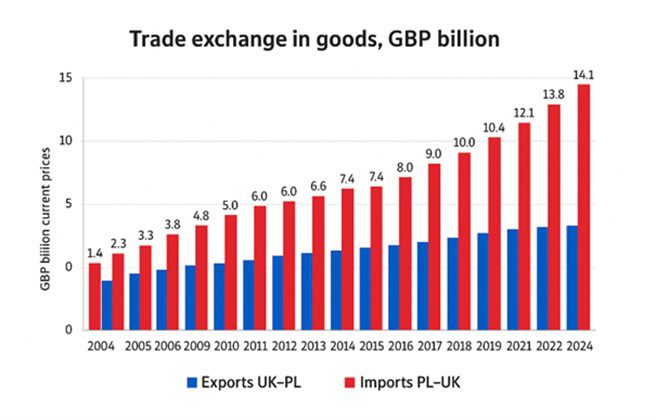
The following years – 2022, 2023 and 2024 – brought record results for Polish companies. As a result, Poland maintains a significant trade surplus with the United Kingdom, both in goods and services.
The structure of exports has also changed. Before Brexit, the automotive industry dominated – cars and car parts were the main category. However, after the United Kingdom left the EU, the automotive industry there began to rapidly lose its importance. In 2023, the country produced half as many cars as in 2017. Problems with the liquidity of supply chains and the need to use a “just-in-time” system have caused many manufacturers to move their operations to the continent. Honda closed its plants and others reduced their presence.
Their place was taken by food. Today, it is Polish food that is the number one export to the United Kingdom. It is worth noting that before Brexit, the UK was Poland’s second largest export market, and now it is the fourth. In the case of the food industry, the United Kingdom continues to be the second most important market.
Poles – a springboard to the mainstream
Poles are the largest national minority in Great Britain, numbering 600-750 thousand people. Many of them already have British citizenship, so the statistics are sometimes underestimated, but the real number of consumers of Polish food is even higher.
There is a network of hundreds of Polish shops and special “Polish shelves” in hypermarkets in the country. It is a place where Polish brands are already recognizable and where the first distribution channels can be built. Poles are a loyal customer who are happy to return for flavors from their homeland – and at the same time can be a brand ambassador among British friends.
Polish brands on British shelves
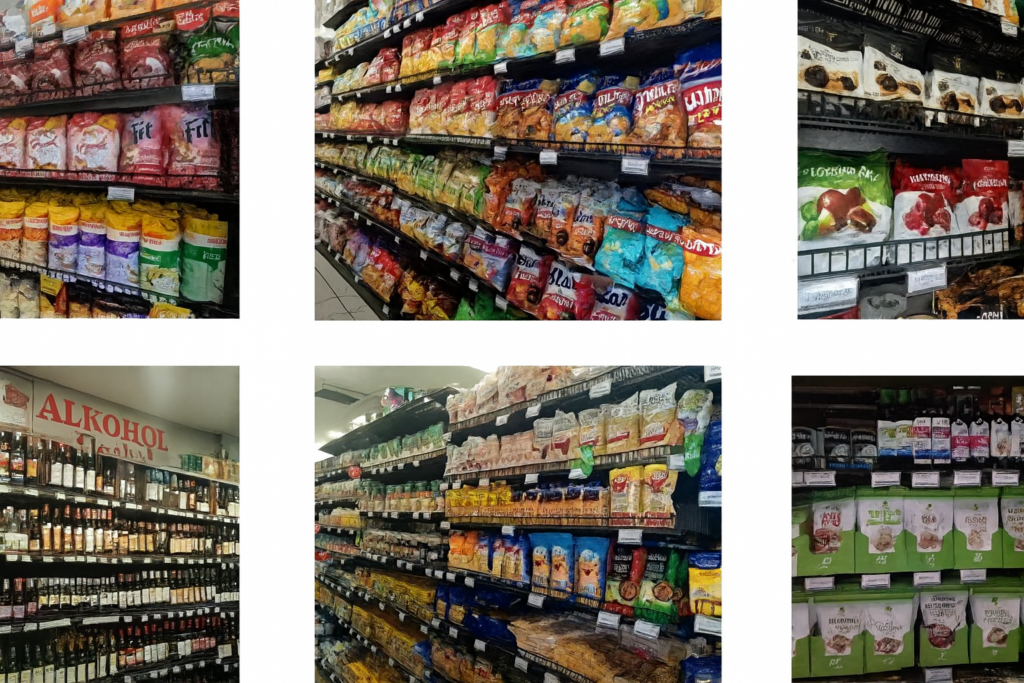
Source: PAIH Webinars – “How to effectively build a brand and increase sales of food products on the UK market”
Translated by IDC
JL
Spis treściTable of contents
- Everything
- News (303)
- Events (173)
- Get Support (83)
-
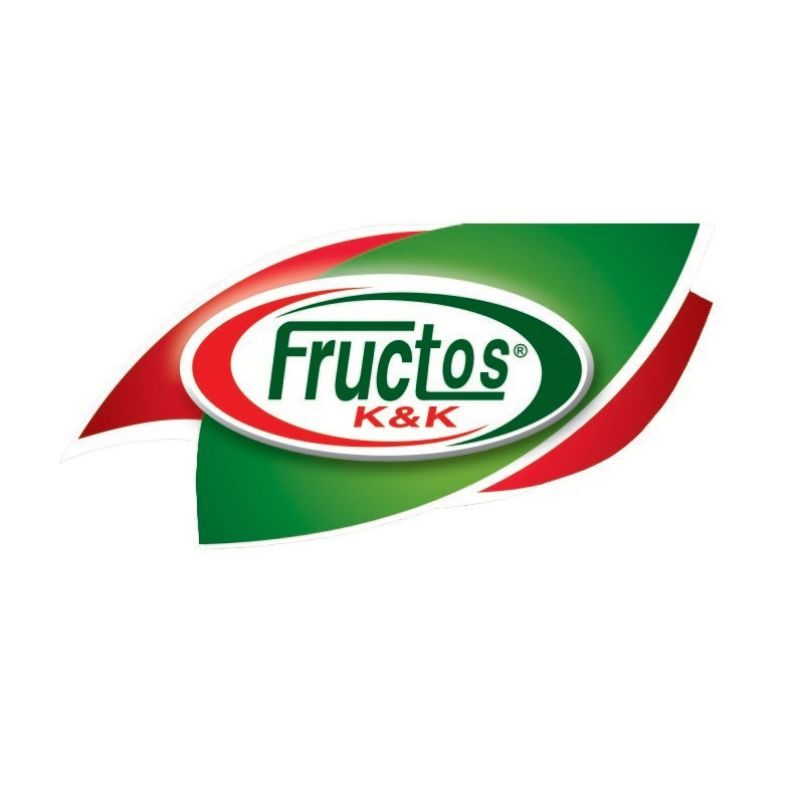
"TAT-POL" SPÓŁKA Z OGRANICZONĄ ODPOWIEDZIALNOŚCIĄ
Fruit, vegetables, mushrooms and products thereofShow allShow more Show lessTAT-POL Sp. z o.o. is a family-owned company offering natural fermented products and vegetable preserves made from locally sourced Polish produce. Our range includes e.g. sauerkraut, pickled cucumbers, mustard and beet carpaccio, all crafted using traditional methods and without preservatives. We guarantee consistent quality, reliable production and on-time deliveries. We work with retailers, foodservice partners and distributors. Contact us — we are ready to become your trusted supplier.

POMERICO GROUP SPÓŁKA Z OGRANICZONĄ ODPOWIEDZIALNOŚCIĄ
Show more Show lessNeed a comprehensive partner in Poland? Pomerico delivers recruitment, HR, payroll, and tax/legal, BPO, EOR, HR consulting, back-office, IT outsourcing services to help companies start and grow. We provide full operational support, from setting up a company to building effective teams. 85% of our clients stay long-term thanks to reduced costs, low attrition (0-7%) and fast delivery – even within weeks. 2 500+ completed processes with 92,4% success rate.

ISTARS SPÓŁKA Z OGRANICZONĄ ODPOWIEDZIALNOŚCIĄ
Show more Show lessInternet Stars is a Polish technology company specializing in CRM systems, AI-powered automation, e-commerce solutions and custom software. We support businesses in optimizing processes, enhancing customer experience and expanding into new markets through modern, efficient and scalable digital tools.

AWEMAK SPÓŁKA Z OGRANICZONĄ ODPOWIEDZIALNOŚCIĄ
Agricultural machinery and parts thereofShow allShow more Show lessAWEMAK is a family-owned company with over 36 years of tradition, evolving from a small forge into a modern manufacturer of agricultural machinery. We design durable, reliable equipment for farmers in Poland and worldwide, combining craftsmanship, advanced technology, and continuous product improvement.
-
 Event
EventSolar Energy Expo 2026
Solar Energy Expo is Poland’s largest renewable energy industry trade fair
 Event
EventPolish Logistics Day
The Embassy of the Republic of Poland in Prague cordially invites you to participate in the “Polish …
-
 Institution
InstitutionThe Investor Tax Service Center
The Investor Tax Service Center is a unit operating within the Ministry of Finance
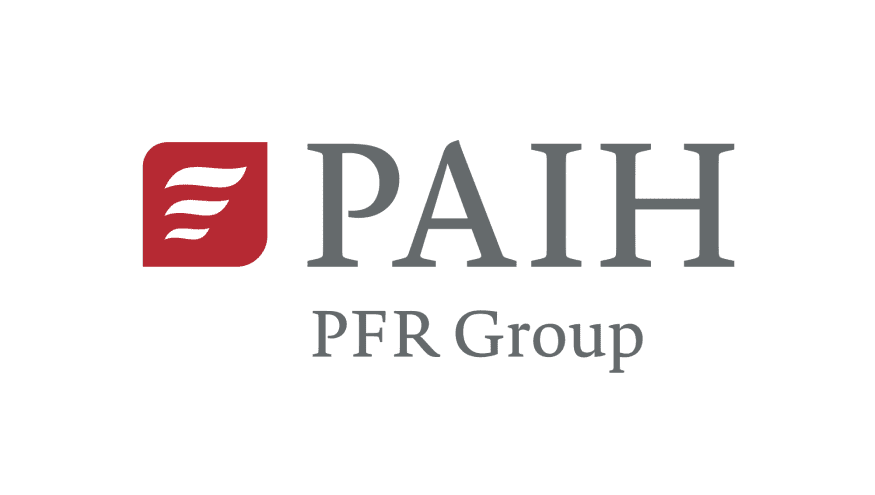 Institution
InstitutionPolish Investment and Trade Agency (PAIH)
The Polish Investment and Trade Agency (PAIH) is the partner of first-resort for entrepreneurs when …
The Export Promotion Portal uses cookies to make it easier for users to use the website and for statistical purposes. If you do not block these files, you agree to their use and saving in the memory of your computer or other device. Remember that you can change your browser settings to block the storage of cookies. More information can be found in Privacy Policy and Terms and conditions.


